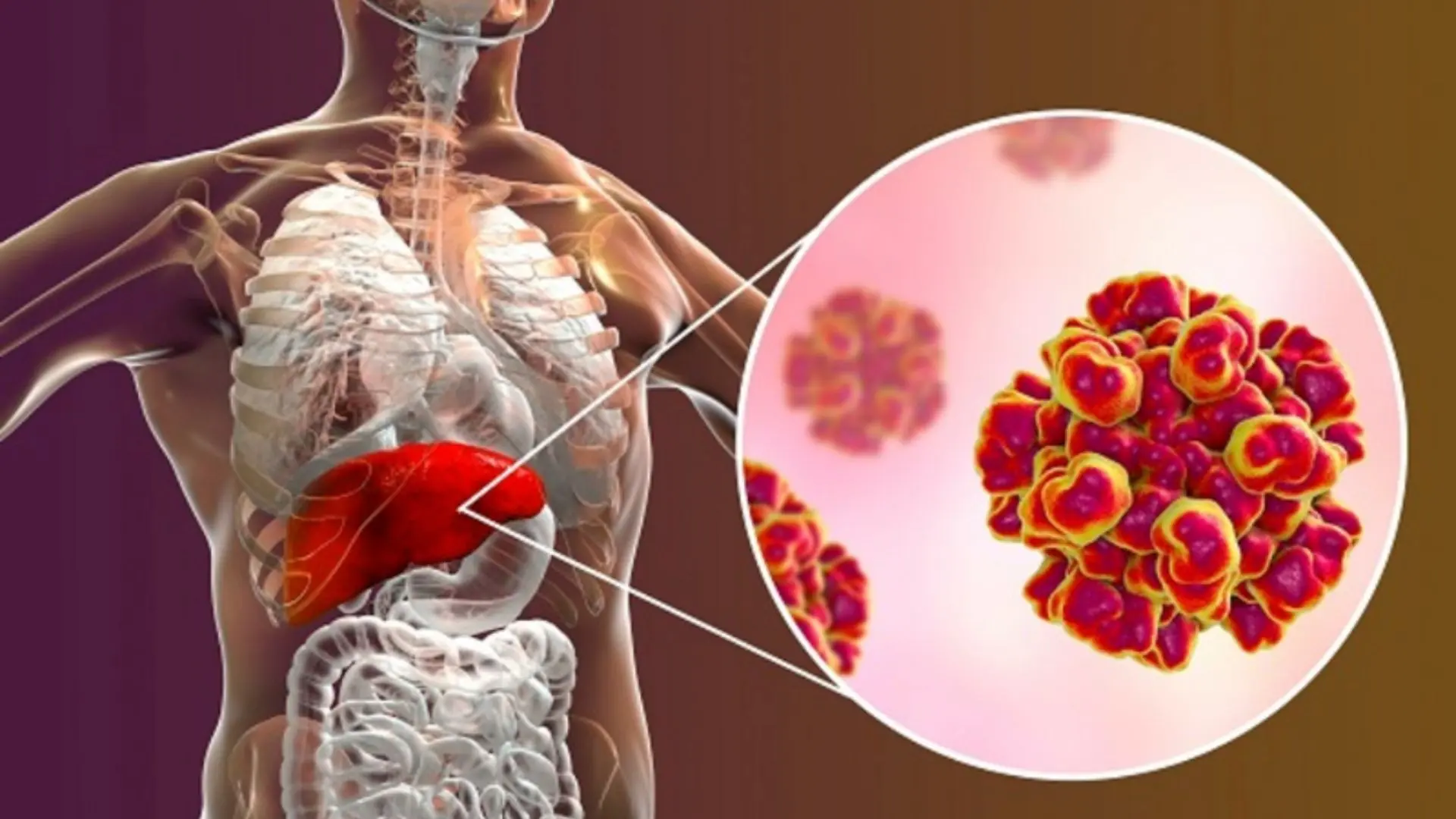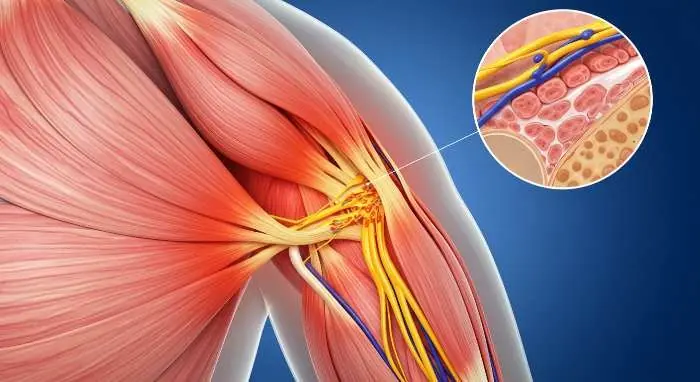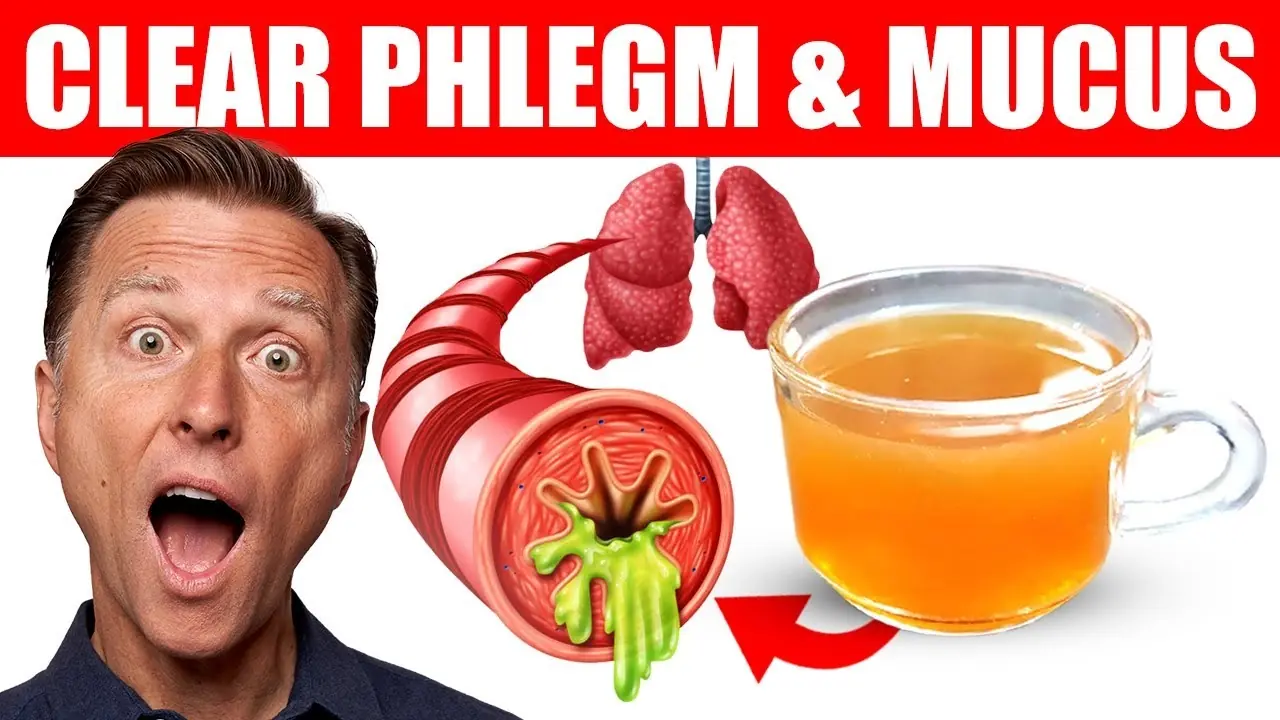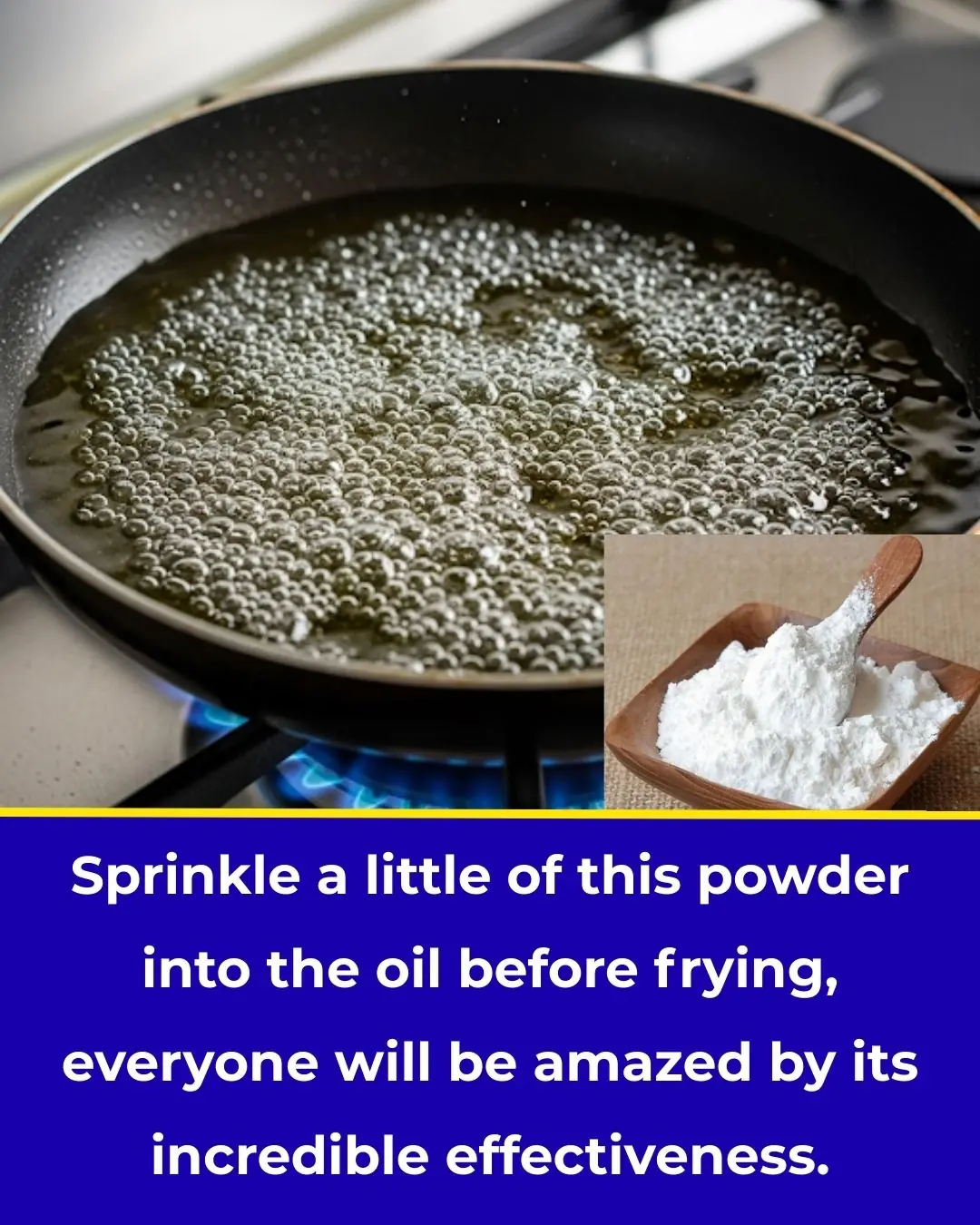
8 Ways To Get Rid Of Phlegm And Mucus In Chest And Throat

Colds, sneezing, and coughing are never enjoyable, but one of the most bothersome aspects of a cold is the lingering mucus in the throat and chest. While this typically clears up over time, it can disrupt daily life, causing persistent coughing and making breathing more difficult, especially during physical activity. So, what can be done to ease this discomfort? Fortunately, there are several effective home remedies that can help clear mucus and make breathing easier.
How to Get Rid of Phlegm and Mucus in the Chest and Throat at Home
Mucus is a thick, sticky substance produced by the lining of our respiratory system, including the nose, throat, and lungs. It plays a vital role in trapping dust, bacteria, and other particles, helping to keep our airways moist and clear. However, excessive mucus production or a buildup of phlegm can cause discomfort, leading to difficulty breathing, persistent coughing, throat irritation, and a feeling of congestion. Common causes of mucus buildup include colds, allergies, respiratory infections, smoking, and exposure to irritants.
Home Remedies to Alleviate Phlegm and Mucus
Before reaching for over-the-counter medications, try these natural, simple, and effective remedies at home. They are safe, easy to implement, and often provide relief.
-
Stay Hydrated
Drinking plenty of fluids throughout the day helps to thin mucus, making it easier to expel. Water, herbal teas, warm broths, and soups are all excellent options. -
Gargle with Salt Water
Mix half a teaspoon of salt in a glass of warm water and gargle with it several times a day. This can reduce mucus in the throat and soothe irritation. Here’s how to do it properly:-
Mix a cup of water with 1/2 to 3/4 teaspoon of salt. Warm water is best because it dissolves the salt faster.
-
It’s ideal to use filtered or bottled water to avoid irritating chlorine.
-
Sip a bit of the mixture, tilt your head back slightly, and allow the water to wash into your throat without swallowing it.
-
Gently blow air from your lungs to gargle for 30 to 60 seconds, then spit it out.
-
Repeat as needed.
-
-
Steam Inhalation
Inhaling steam helps loosen and moisten mucus, making it easier to cough up. You can do this by leaning over a bowl of hot water with a towel over your head, or by using a steam inhaler. -
Warm Compress
Apply a warm compress to your chest or throat to relieve congestion and loosen mucus. Simply warm a clean towel in hot water, wring out the excess, and place it over the affected area. -
Honey and Lemon
Mix a tablespoon of honey with warm water or herbal tea and squeeze some fresh lemon juice into it. Honey soothes the throat, while lemon helps break up mucus. You can also add ginger, garlic, or spicy ingredients like cayenne pepper, which can help get mucus moving. -
Use a Humidifier
Adding moisture to the air with a humidifier can help loosen mucus in the chest and throat. Be sure to clean the humidifier regularly to avoid the growth of bacteria. -
Nasal Irrigation
Using a saline solution or a neti pot to flush the nasal passages can help clear excess mucus and relieve congestion. -
Avoid Irritants
Stay away from irritants such as cigarette smoke, air pollution, and strong chemical odors, which can worsen mucus production and congestion.
What to Avoid
To effectively manage mucus in the chest and throat, it’s also important to avoid certain things that may make the situation worse:
-
Smoking and Secondhand Smoke – Both can increase mucus production and damage the respiratory system.
-
Dairy Products – These can thicken mucus, making it harder to expel.
-
Excess Sugar – Consuming too much sugar can contribute to inflammation and mucus production.
-
Overuse of Decongestants – Decongestant sprays or nasal drops should not be used for extended periods without medical supervision, as they can lead to rebound congestion.
-
Excessive Use of Cough Suppressants – Coughing is the body’s natural way of clearing mucus, so suppressing it too much can hinder this process.
If your symptoms persist or worsen, it’s always a good idea to consult with a healthcare professional for a proper diagnosis and treatment plan.
By following these home remedies and avoiding common triggers, you can effectively manage and alleviate phlegm and mucus in your chest and throat, promoting better respiratory health and overall well-being.
News in the same category


If Your Body Suddenly Jerks While Falling Asleep, This Is What It Means

If You Eat Eggs Every Day

Vegetables To Clean Your Arteries And Prevent Heart Attack

Pain in This Part of the Body Could Indicate Cancer Cells are 'Awakening' – Both Men and Women Shouldn't Ignore It

10 Unconventional Signs of Liver Damage You Must Know About

14 Early Warning Signs You're Dangerously Low on Magnesium

How To Get Rid Of Phlegm and Mucus In Chest and Throat

Burnout: Tips for Coping When You Can’t Just Quit

Beautifully Unbroken: Living Fully and Imperfectly With Bipolar

How to Get Rid of Muscle Soreness: Home Remedies That Really Work

15 Common Cancer Symptoms You Shouldn’t Ignore

New Blood Test Shows Over 90% Accuracy for Lyme Disease

Is AI Use Causing Endoscopists to Lose Their Skills?

Florida Man Struck by Lightning Wakes Up With Heart Beating 265 Times a Minute

1 cup before bed: end restless nights and repair your nerves

Top 10 Nutrients in Foods that Clean Your Arteries Fast

Scientists Uncover A Natural Way to Restore Vision

Remedy For Falling Asleep Quickly

Sleeping Enough But Still Tired
News Post

Arkansas woman accidentally discovers $27,000 dollars after kicking 'spiderweb' in park

Exactly how virus carried by 'Frankenstein' rabbits growing black 'tentacles' spreads following urgent warning from experts

The Elders' Teachings Are Not Wrong: "The Kitchen Should Not Face Three Directions, and the Bed Should Not Be Placed in Three Locations"

5 Types of Plants That Snakes Love: If You Plant Them in Front of Your House, Remove Them Immediately Before It’s Too Late

If Your Non-Stick Pan Has Lost Its Coating, Don’t Rush to Throw It Away. Follow This Trick to Turn Your Old Pan Into a Like-New One.

Cooking Oil Often Splashes When Frying? Add This Ingredient to the Pan, and You Won't Have to Worry About Oil Splattering or Sticking to the Pan

Is It Correct to Close the Door When Using the Air Conditioner? Here Are 5 Mistakes That Can Cause Your Electricity Meter to Increase 2-3 Times

Boiling Eggs with Just Water is Not Enough: Add This Ingredient, and the Eggs Will Cook Evenly, Have a Rich Flavor, and the Shells Will Peel Off Easily

Do Not Ignore These 10 Warning Signs That Your Kidneys May Be In Danger

Buying Meat and Just Placing It Directly in the Freezer for Storage is a Mistake: The Shop Owner Shares a Trick to Keep Meat 'Fresh for a Whole Year' Without Spoiling

Sprinkle a Little of This Powder into the Oil Before Frying, Everyone Will Be Amazed by Its Incredible Effectiveness

If Your Body Suddenly Jerks While Falling Asleep, This Is What It Means

What Is This Button In The Car For

How Long Cooked Food Can Stay In The Refrigerator

If You Eat Eggs Every Day

Vegetables To Clean Your Arteries And Prevent Heart Attack

Pain in This Part of the Body Could Indicate Cancer Cells are 'Awakening' – Both Men and Women Shouldn't Ignore It

10 Unconventional Signs of Liver Damage You Must Know About

14 Early Warning Signs You're Dangerously Low on Magnesium
